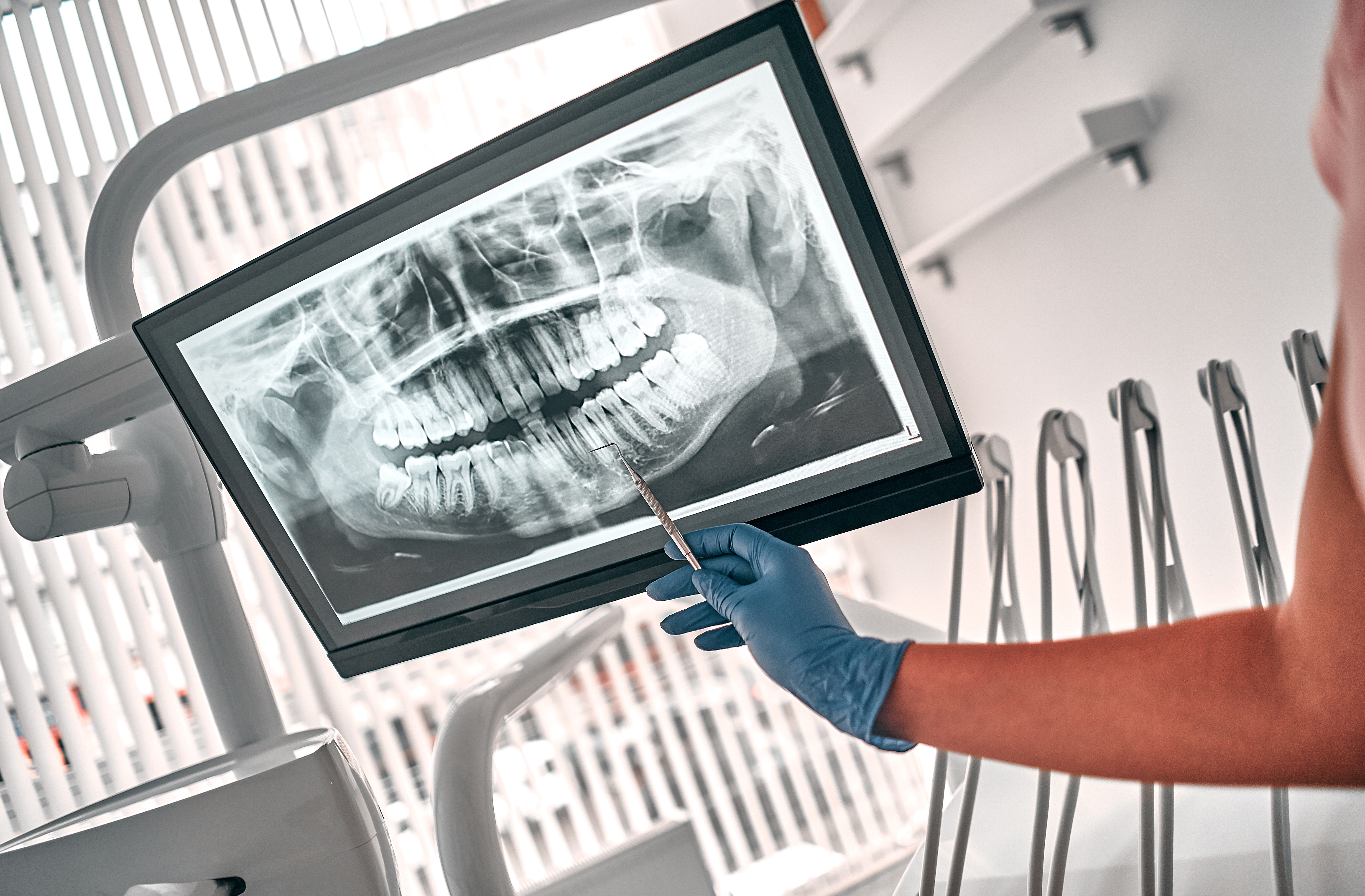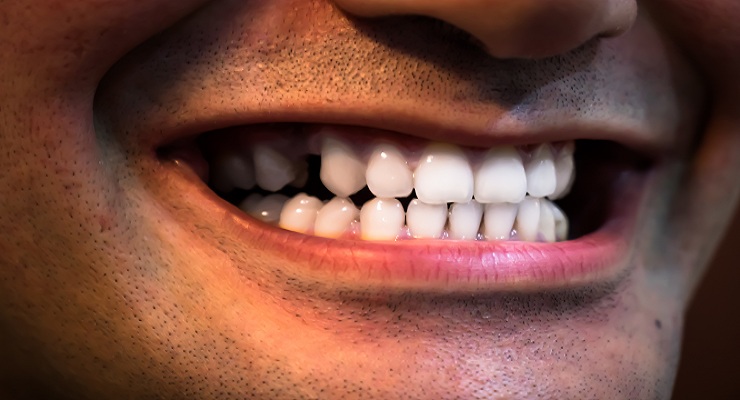$99 New Patient Special - Includes Exam, X-Ray and Basic Cleaning
Beyond the Basics: Why Our Dentists Recommend Regular X-Rays

Dental cleanings appear simple. Regular X-rays, however, too frequently raise suspicion and fear. Patients skip regular X-rays not knowing what they may be missing behind seemingly healthy-appearing teeth.
Early infection, bone loss, or cyst detection usually goes unnoticed without dental radiographs. If you avoid them, they can translate to more painful, more costly treatments later on. Georgetown’s top dentist recommends regular X-rays not as extras, but as required diagnostics.
Even pain-free teeth can have issues not visible to the unaided eye or mirror. Oral issues like bone loss or abscesses can silently progress without apparent warning signs. Keeping this in mind could give you second thoughts about normal X-rays at your next visit.
What Do Dental X-Rays Truly Reveal?
Preventive X-rays do far more than detect small cavities between molars. They show bone loss, cysts, impacted wisdom teeth, and hidden infections like abscesses. Dental X-rays also reveal how teeth grow and align themselves beneath the gumline. They detect problems before they emerge or cause pain.
Periapical X-rays photograph the tooth root and surrounding bone. Bitewing X-rays expose decay between teeth. Panoramic X-rays capture a view of your whole mouth with one wide image. This form of oral diagnostic equipment ensures thorough care during your dental appointments.
Without X-rays performed regularly, many hidden dental issues go unseen until it is too late. Depending on these tools leads to improved treatment and long-term stability of the teeth.
How Often Should You Get Dental X-Rays?
It doesn’t have a one-size-fits-all solution to getting X-rays regularly. It depends on your dental history. New patients typically need a full series of X-rays for diagnostic base line. For routine dental check-ups, you can expect bitewing X-rays annually or biannually.
Individuals at increased risk of cavities may need regular X-rays more often. If you’ve had root canals, implants, or orthodontics, X-rays become more critical. A professional dentist in Georgetown uses these images to track growth, changes, or unusual symptoms over time.
The American Dental Association recommends personalized schedules based on your unique dental health. This ensures the dentist doesn’t miss new or recurring issues between visits. By keeping a healthy schedule, your teeth stay healthy, and your treatments are kept to an absolute minimum.
Why Your Georgetown Dentist Requires X-Rays
Regular X-rays are the foundation of preventative oral care, not routine treatment. They effectively pick up on early warning signs long before any symptoms show themselves.
For example, an early shadow on an X-ray can be a sign of a concealed infection. That is, early detection can prevent complicated surgeries or loss of a tooth. This is why every visit at Georgetown dentists includes proper imaging.
Qualified dentists strive to detect trouble early. They use regular X-rays to monitor areas that most patients are unable to see or feel. These include wisdom teeth impaction, gum recession, or bone loss.
If you leave them unattended, minor issues turn into painful dental emergencies. Local dentists understand the long-term cost of late diagnoses. Their practice style focuses on conservative, preventive dentistry rather than reactive treatment.
Georgetown patients benefit from tailored care rooted in thorough examination and foresight. By choosing regular X-rays, you’re protecting your future smile today.
You must trust your dentist’s recommendation. It often prevents more invasive treatments down the line.
Are Dental X-Rays Safe?
Radiation exposure from regular X-rays is a common concern among dental patients. However, today’s digital X-rays effectively emit far less radiation than traditional systems. Most dentists use protective aprons and shields for added safety. Digital technology remarkably reduces exposure while enhancing image quality.
The American Dental Association states that dental X-rays are safe under proper precautions. Pregnant women have extra protection if required. Regular X-rays have radiation equivalent to a brief flight in an airplane. That makes their risk negligible against the benefits they provide.
An adept dentist applies them only when the case warrants, depending on your oral condition. Believe that contemporary dental practices emphasize safety and correct diagnosis.
Routine X-rays come with full-spectrum dentistry, not secondary or optional. They show problems you can’t find or feel yourself. Your Georgetown trusted dentist uses them for your overall oral health.
Put diagnostics and cleanings first to keep healthy, strong teeth. Make your appointment today with us and stay ahead with regular checkups and routine X-rays.







